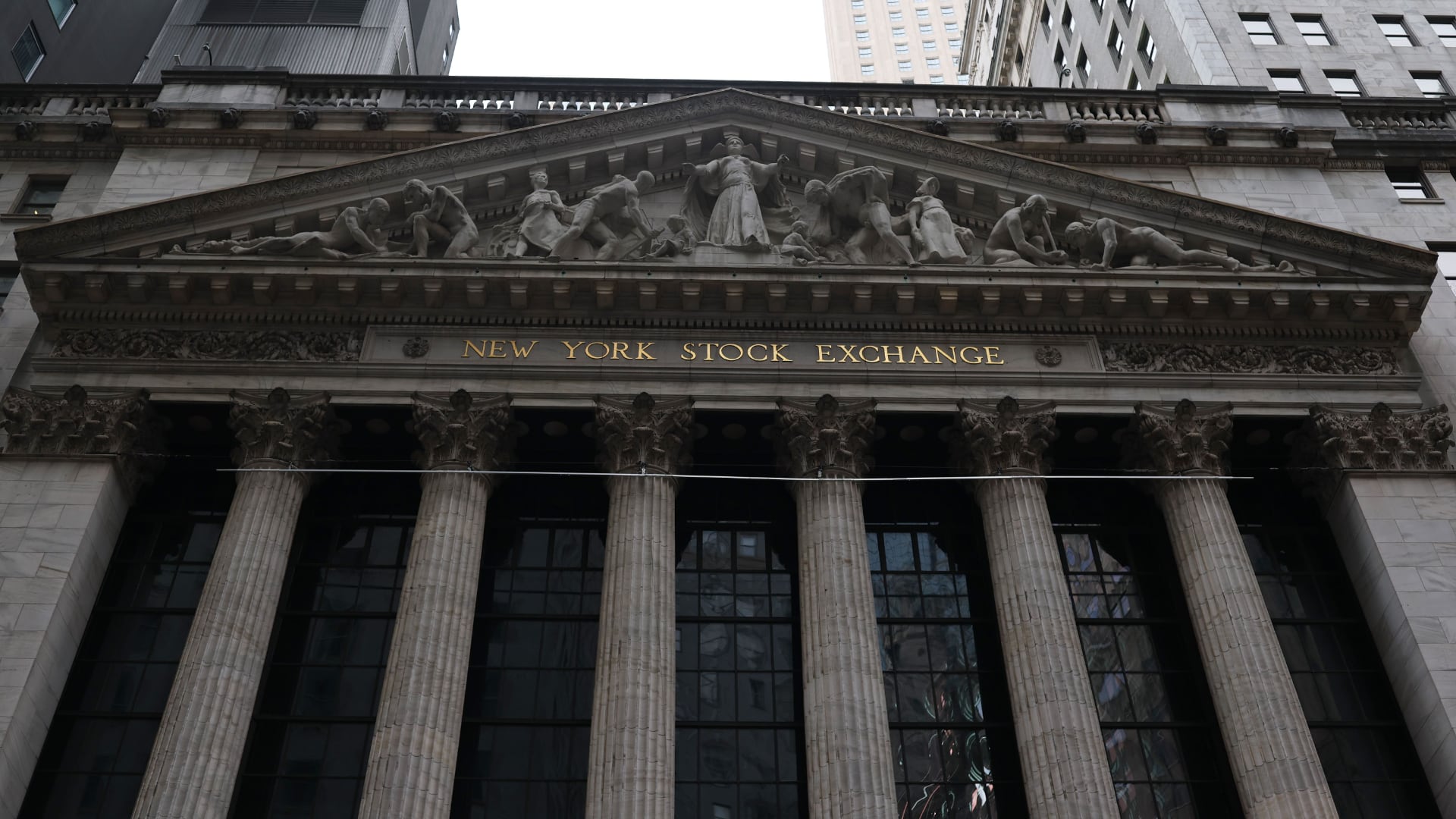Turning 30 is a milestone that causes anxiety and uncertainty for many people. But there could be another explanation besides growing older: It's written in the stars.
"It's really hard to walk into a room and say, 'Hey guys I'm freaking out about turning 30,'" said AI astrology app Co-Star founder Banu Guler. "It's a lot easier to walk into a room and say, 'Hey guys, I'm going through a Saturn return time. I'll be okay in a couple months.'"
Co-Star is an artificial intelligence-powered astrology app that uses NASA data to create daily horoscopes based on your exact natal chart of where stars were when you were born. Saturn takes about 30 years to return to the same place in the sky as when you were born, which guides boundaries around self-image and your goals, Guler explained. Astrologers believe people have to come to terms with their life challenges during this time period, which is why people feel so uneasy.
And if you're armed with an explanation, it makes things easier. Not only has Co-Star convinced just shy of four million users in 186 countries follow its guidance, but venture capitalists are predicting a bright future. Co-Star raised $5.95 million from Female Founders Fund, Maveron, Aspect, and 14W among others since it launched in 2017.
"We have a prepared mind and thesis around the future [of] social [media]," said Anarghya Vardhana, partner at venture capital firm Maveron. "Namely, what does the world of content, community, and connection look like, and how will people gather (online and offline) in an increasingly digitized and lonely world? Plainly put, we are thinking deeply about the unbundling of Facebook; behaviors that currently live on Facebook that are not well accommodated for on the platform. We believe they can break out and be their own standalone billion dollar businesses."
More than just some passing fad, investors are seeing potential in astrology becoming a fixture in young adults' lives as they move away from religion but still search for meaning in their lives and ways to connect with others. Americans spent $2.2 billion on "mystical services" in 2018 according to IBISWorld to find answers.
Astrology app Sanctuary, which raised $1.5 million, counts Greycroft, KEC Ventures, Advancit Capital, and Blue Collective among its backers. Indian astrology marketplace and app iZofy received $250,000 from Prime Capital. It's not just major firms: Adam Elenbaas, who writes more than 300 daily astrological horoscopes a year, raised more than $86,000 on Kickstarter to continue his work through 2019.
"People became so much more receptive to the idea of there being different ways of seeing the world," Sanctuary astrologer-in-residence Aliza Kelly told the New York Times. She added people look to their horoscope "in order to create some sense of structure and hope and stability in their lives."

Astrology has existed for more than 2,500 years and individuals still seek it out to find meaning and connection,Vardhana explained. There are a number of Facebook groups and other online hotspots where people chat about their zodiac signs — and there's potential for a brand like Co-Star to become the trusted voice, Vardhana said.
"Co-Star provides astrology based insights that help people reflect and dig deeper on certain parts of their lives," Vardhana elaborated. "We see young people finding meaning and connection in a number of different avenues - such as meditation, mindfulness, or yoga. Astrology is similarly providing a type of meaning and connection that young people are seeking."
About 40 percent of people between the ages of 18 and 29 in the U.S. are not affiliated with a religion compared to 13 percent of their 65 and older senior counterparts, according to the Public Religion Research Institute. Today's young adults are four times more likely than the previous generation to not have a religion.
A recent Pew Research Center study found it to be a global phenomenon. Young adults across the world were more likely to be religiously unaffiliated, especially in North America but also in 22 out of 35 countries in Europe and 14 out of 19 countries in Latin America.
Meanwhile, 40 percent of Americans in 2016 considered astrology to be scientific, per the National Science Foundation.
"The good parts of religion are about community and connecting to people and finding meaning and finding a structure that makes sense to you," Guler said. "I think astrology does a lot of these things remarkably well while avoiding pitfalls that come with organized structural religion."













